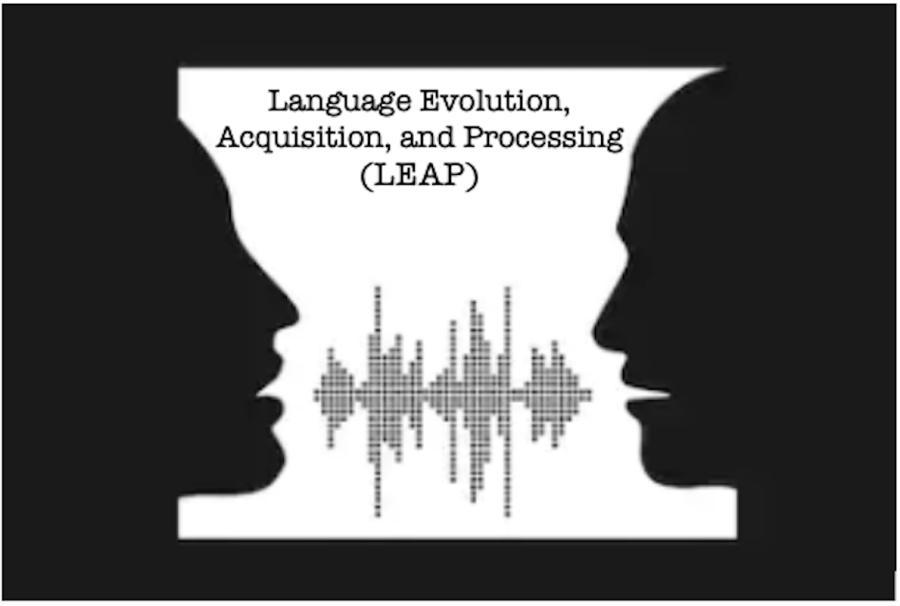This is a friendly reminder that Aaron White (Assoc. Professor, Linguistics, University of Rochester) will be speaking, 23 February at 11 am in Wieboldt 408 and on Zoom. He will be giving a talk entitled: Identifying lexical semantic categories from gradient inference judgments. (See other details below.)
Identifying lexical semantic categories from gradient inference judgments
Gaps in logically possible patterns of lexically triggered inferences have long played an important role in semantic theory because they suggest potentially deep constraints on lexicalization. The clearest cases of such gaps tend to be found among closed classes–e.g. the apparent lack of non-conservative quantificational determiners and non-convex color terms–and it is often quite challenging to clearly establish similar gaps among more open classes–even in the lexicons of extremely well-studied languages. One conclusion that might be drawn from this difficulty is that it is hard to find inferential gaps in open classes because they do not exist–at least not in the same way as for closed classes.
In this talk, I argue against this conclusion. I suggest, instead, that such gaps do exist–in spades–but that they are often difficult to discover due to the gradience inherent in inference judgments. I take as a case study lexically triggered inferences that are associated with predicates’ intensional properties—in particular, lexically triggered veridicality inferences, neg(ation)-raising inferences, doxastic inferences, and bouletic inferences. These inferences are of interest for at least two reasons. First, they have been argued to display apparent correlations with each other across lexical items—potentially suggesting some core set of lexical properties that interact to give rise to them. Second, they have been argued to correlate with morphosyntactic distribution—potentially suggesting that said lexical properties may be formally represented, rather than solely a byproduct of how conceptual representations interact with pragmatic reasoning.
I report on the collection of three dataset that attempt to capture these inferences across over 1,000 predicates of English as well as a dataset that captures the acceptability of those predicates in a variety of syntactic contexts. I then develop a clustering model that attempts to discover underlying classes of predicates in terms of their inference judgments while appropriately modeling potential sources of gradience in those judgments. I show that, if the number of classes to assume is determined by selecting the clustering that best predicts the acceptability judgments with the minimum number of clusters, a small, compact set of intuitive classes is revealed. I argue that this finding suggests not only that there are clear classes of predicates–and gaps between them–but also that these classes are plausibly semantic, given that they correlate with syntactic distribution.

